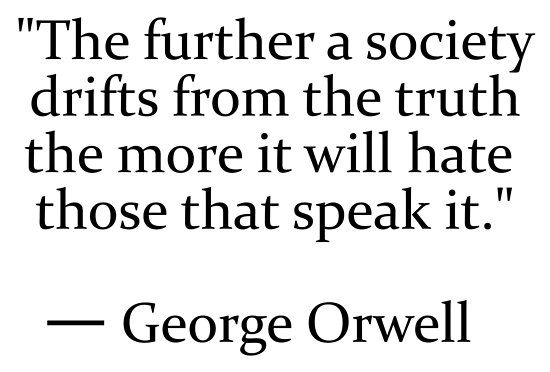Outside the Asylum
Submitted by Cant Stop the M... on Sun, 08/09/2020 - 5:53am

Just Deserts
Cake or death--that’s a pretty easy question. I mean, anyone can answer that.
Eddie Izzard


Just Deserts
Cake or death--that’s a pretty easy question. I mean, anyone can answer that.
Eddie Izzard


The House Freedom Caucus of the U.S. Congress has built a reputation for bullheaded pursuit of far-right policy, but not for pursuit of freedom, as its name would indicate. It has pushed federal government shutdown, caused the speaker of the House to quit, and scuttled the Republican bill to cut health care for not cutting enough. But, measured against the four freedoms once set down by President Franklin Roosevelt, the caucus seems more in pursuit of serfdom than freedom.
In his "Four Freedoms" speech, given eleven months before the nation's entry into World War II, President Franklin Roosevelt set down a standard of freedom:
In the future days, which we seek to make secure, we look forward to a world founded upon four essential human freedoms.
The first is freedom of speech and expression – everywhere in the world.
The second is freedom of every person to worship God in his own way – everywhere in the world.
The third is freedom from want – which, translated into world terms, means economic understandings which will secure to every nation a healthy peacetime life for its inhabitants-everywhere in the world.
The fourth is freedom from fear – which, translated into world terms, means a world-wide reduction of armaments to such a point and in such a thorough fashion that no nation will be in a position to commit an act of physical aggression against any neighbor–anywhere in the world.
Let's see how the caucus measures up to those four essential human freedoms.
Rexford Guy Tugwell (1891-1979) was an economist and one of the most important and innovative members of President Franklin D. Roosevelt's first Brain-Trust.
If a war resulting in tens of millions of casualties can be described as such, over the years World War II came to be known as the "Good War" for much of the Western world. It is often said that the victors of a war, any war, write its history. This is almost always true with perhaps one major exception.

